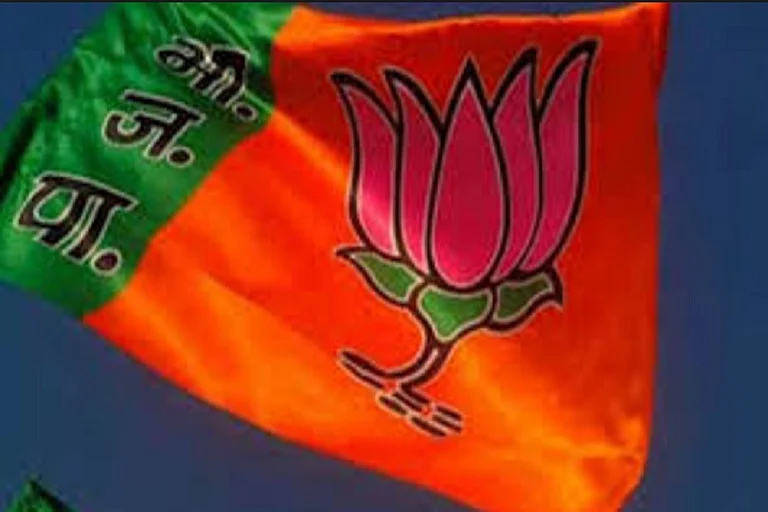WILL the much-hated minimum alternate tax (MAT) be spiked soon or will it be a long wait before it is given a decent burial? Though Prime Minister H.D. Deve Gowda and Finance Minister P. Chidamba-ram, under mounting pressure from business lobbies, have indicated that MAT may be withdrawn, industry is sceptical about whether the Government will act with the necessary speed.
MAT, as Gowda admitted at the FICCI annual general meeting in Delhi on December 10, was one of the reasons for the stockmarkets being in the doldrums. And this was proved when, the BSE Sensex rose by 143 points on the basis of Gowda's statement. On December 15, addressing the Indian chapter of the International Association of Lawyers in Mumbai, Chidambaram said that "with the Company Law and the Income Tax Act being redrafted, it is possible to bring about a better alignment between the two, and then there may be a cause for minimum alternate tax to disappear." The following day the Sensex rose by 77 points. Says M.G. Damani, president, BSE: "From the sentiment aspect, the mere announcement has generated such a positive response. It is clear how different the perception of the investor vis-a-vis that of the bureaucrat is." But, on sober reflection, industry realised there was no formal promise in what either Gowda or Chidambaram said. Says V. Raghuraman, secretary general, ASSOCHAM: "The Government announcement is a change from the earlier rigid stand on MAT. However, I do not perceive any concrete move as yet. The rock has moved, but now we have to wait for the path to be cleared. That the stockmarkets reacted positively to the announcement is a barometer of the unpopularity of MAT." Says U.R. Bhat, director, Jardine Fleming (India) Asset Ltd: "Unless specifics in percentages and numbers are given it is difficult to study the impact of what the finance minister has proposed."
MAT, which aims at taxing hitherto zero-tax companies at a rate of 12.9 per cent of its book profits, is expected to yield a revenue of between Rs 3,000 and Rs 3,500 crore in the current financial year. There were 1,474 such firms which with smart tax planning and efficient management of finances were able to utilise the 148 tax breaks available to corporates and thus paid no tax at all. Among the zero-tax companies were blue chips like SAIL, Reliance, Bombay Dyeing, Arvind Mills and Ashok Leyland. The advance instalment of MAT became due on December 15.
Stressing that MAT should be withdrawn immediately, preferably in the present session of Parliament, R.K. Dhawan, director general, Federation of Indian Export Organisations (FIEO) says that the tax has adversely affected 20,000 export units as well as other major manufacturing units. Linking withdrawal of MAT with the amendment of the Companies Act and the Income Tax Act would cause unnecessary delay in scrapping the unpopular tax, he feels.
Raghuraman agrees that "if the review of MAT depends on the homogenising or alignment of the Companies and Income tax Acts, it is disturbing news." He says MAT should be withdrawn as "industry is in bad shape and MAT is one of the reasons for it. "
Amit Mitra, secretary general, FICCI, stresses that past experience shows that MAT will never work. Says he: "A tax similar to MAT was introduced in 1983, but it was withdrawn a year later. In 1989 another attempt was made to push in a tax akin to MAT, but it was scrapped after six months. In Canada, a tax like MAT was introduced in 1987, but it is still to yield revenue." Adds Damani: "BSE's market capitalisation (the current market value of all shares listed) has been eroded by Rs 187,000 crore! It is better to debate these issues before the next budget is finalised. After all, people who pay tax have the right of representation. And the market will react favourably to the removal of MAT."
But Ajay S. Shriram, managing director, DCM Shriram Consolidated Ltd, feels that MAT is not the only issue rankling industry. He says that the emphasis should be on the whole gamut of laws including the Income Tax and Companies Acts which need to be made more rational, practical, broad-based and easier to implement.
Shriram is, however, optimistic that the Government will act soon on MAT. Says he: "The amendments to the Companies Act and the Income Tax Act, should not be far away. If the Government is serious, it could take only a couple of weeks." That's a very optimistic prediction. But one that, hopefully, does come true.


























